Personal Learning and Personalized Learning are two concepts that have often been used interchangeably, but do they truly represent the same approach? In this article, we will define personal learning and explore what is personalized learning, examine their distinctions, and their impact on learning in the modern workplace.
What is Personal Learning?
Personal learning refers to a learning experience that is either facilitated by an instructor or structured as a self-paced unit, allowing learners to select specific program elements and study at their own pace. Stephen Downes, a prominent figure in online education, articulates that personal learning typically begins informally and is driven by the need to accomplish a task or meet an objective. He notes, “Personal learning often begins informally, on an ad hoc basis, driven by the need to complete some task or achieve some objective. Learning is a means to an end, rather than the end in itself.” This approach emphasizes the learner's autonomy and choice in their educational journey.
What is Personalized Learning?
In contrast, what is personalized learning? The U.S. Department of Education defines personalized learning as “instruction in which the pace of learning and the instructional approach are optimized for the needs of each learner.” This method tailors learning objectives, instructional strategies, and content to meet individual learner needs, ensuring that activities are relevant and meaningful. Personalized learning often encourages self-initiated exploration, driven by the learners' interests.
Impact and Use in Modern Workplace Learning
The landscape of modern workplace learning presents various challenges that organizations must navigate to maximize the effectiveness of their training programs. One key challenge is the risk of creating content that is either too specialized for a niche audience or too generic to be beneficial. To address this, Learning and Development (L&D) teams should collaborate closely with Human Resources and management to create targeted learning experiences that are delivered to the right individuals at the right time.
This collaboration has led to the rise of bite-sized and adaptive learning, where concise, self-contained learning modules are made available on demand. This approach not only simplifies the design and deployment of learning content but also allows for the integration of feedback from learners to enhance the effectiveness of the training.
Personal Learning in the Workplace
In personal learning, individuals are empowered to choose courses and modules that align with their interests, allowing them to navigate their learning paths. However, this model may not always be suitable for corporate training, where specific job roles require targeted skill development. To find a balance, L&D teams can offer employees the flexibility to select courses after completing a set number of modules that are directly relevant to their job functions.
The Advantages of Personalized Learning
Personalized learning, particularly when supported by adaptive learning technologies, enables organizations to provide tailored educational experiences that meet the unique needs of their workforce. This approach is increasingly favored by L&D professionals as it enhances engagement and effectiveness in workplace training. Conversely, personal learning is often more beneficial in educational settings, where it allows students to delve into topics of interest and foster deeper understanding.
As organizations invest in artificial intelligence and machine learning, we are entering a new era of personalized learning. Learning platforms equipped with recommendation engines can guide learners in selecting the next course that aligns with their interests and career goals.
In summary, personal learning and personalized learning represent distinct educational strategies. While personal learning emphasizes learner autonomy, personalized learning focuses on tailored instruction. There is no universal solution for choosing the ideal learning approach for an organization; factors such as workforce size, product or service offerings, technological reliance, budget constraints, and the enthusiasm of L&D teams all play a crucial role in shaping effective learning strategies.
Personalized learning experiences can be effectively created through custom course development. It tailors learning experiences that are best suited for diverse learners while aligning with business objectives.
ELB Learning offers custom eLearning course development for corporate staff development. Let our training and development specialists help you increase employee productivity with upskilling courses that will engage them from start to finish.








